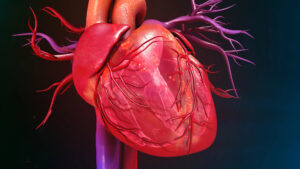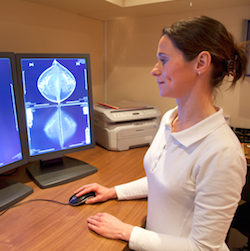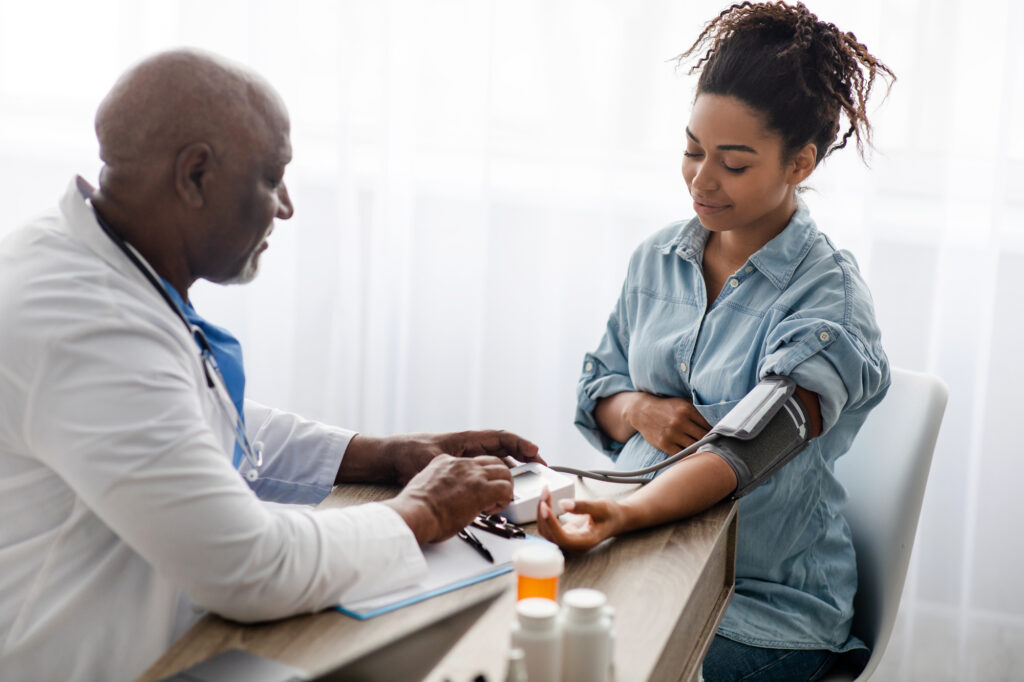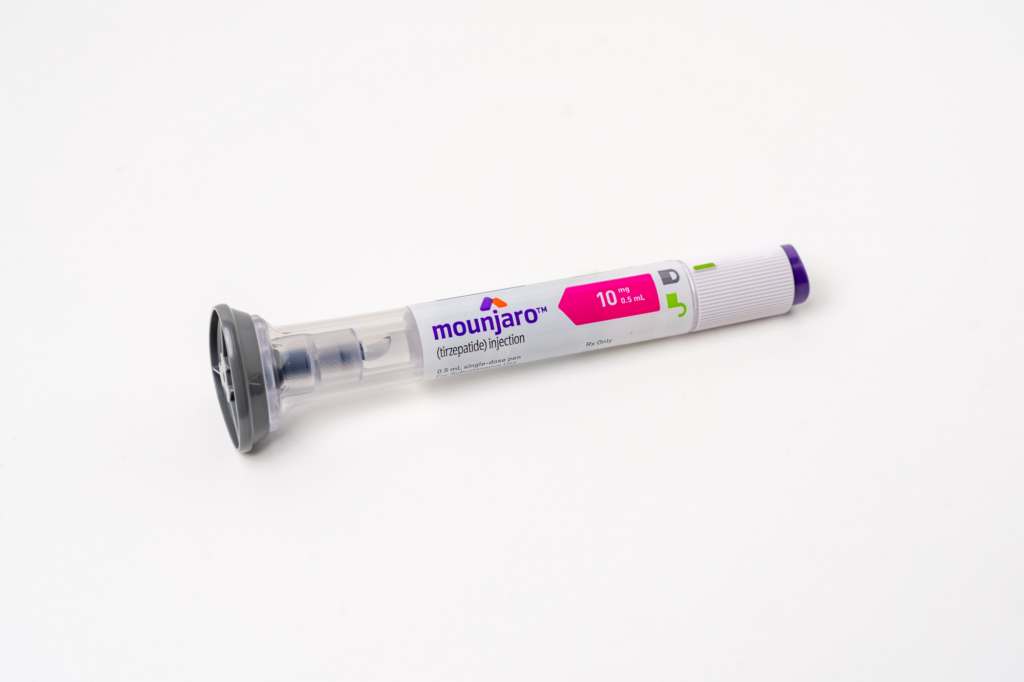Worldwide, breast cancer (BC) is the most frequently occurring cancer in women. Each year, approximately 1.15 million cases and 410 000 deaths from BC are reported globally. Over recent decades, considerable interest has emerged regarding whether vitamins and/or other supplements can lower the risk of BC.
Because a hallmark of any cancer is faulty response to and repair of DNA damage, DRC was a logical covariate 
People vary in their DNA-repair efficiency and capacity, and those inherent sensitivities to mutagens and carcinogens are increasingly being linked to polymorphisms in genes related to DNA repair. Although such small changes in gene sequencing as analyzed in that study may not cause cancer, they can predispose people to a higher risk of developing cancer. That predisposition means that modifying interactions among gene risk factors could play an important role in modifying cancer risk. If taking a multivitamin or calcium can decrease BC risk, then the topic is worthy of study from both health and financial standpoints.

The current investigation is the first of its kind to address all three of the following questions: (1) is multivitamin and/or calcium intake associated with BC, (2) is multivitamin and/or calcium intake associated with DRC, and (3) is intake of multivitamins and/or calcium independently associated with BC or indirectly associated with BC by potentially influencing DRC?
Source: Breast Cancer and DNA Repair Capacity: Association With Use of Multivitamin and Calcium Supplements, by Yeidyly Vergne, Dr PHc; Jaime Matta, PhD et al. Integrative Medicine, A Clinician’s Journal Vol. 12, No. 3








